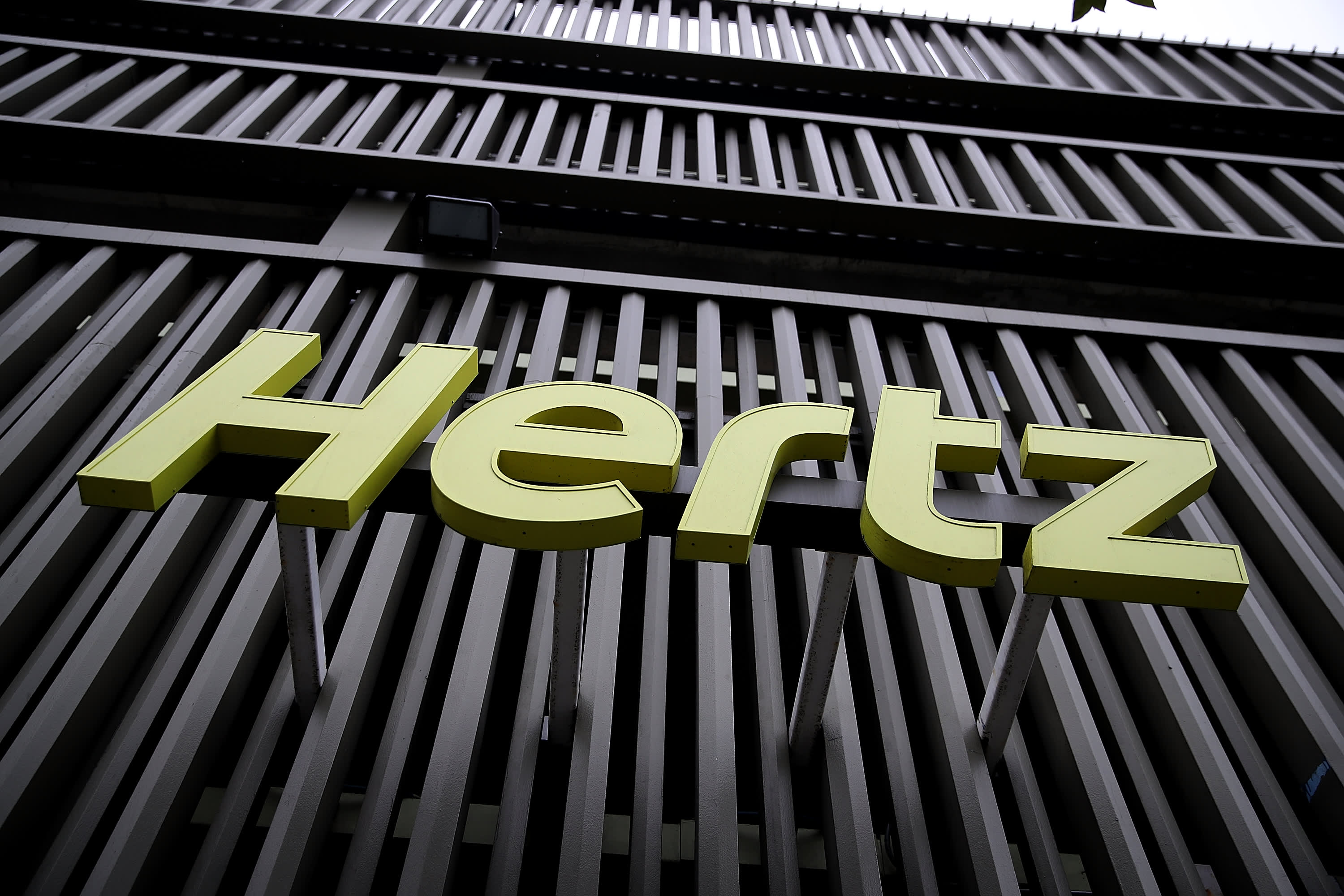The former top securities regulator for the United States said Tuesday that policymakers never considered there would be a market for bankrupt companies like Hertz to issue new stock and that, if things went poorly, investment banks could be on the hook.
Harvey Pitt, who served as chairman of the Securities and Exchange Commission under President George W. Bush, said on CNBC’s “Squawk Box” that the disclosure for Hertz’s secondary stock offering could have been “far more aggressive.” With the rental car company already bankrupt, potential legal action would focus on the banks, he said.
“Investment banking firms have liability, and when they offer securities one of the issues that will come to bear is whether these investments are suitable,” Pitt said. “To my way of thinking, an investment banking firm runs the risk of effectively selling a litigation claim. Because at the end of the day, if this operates the way it ought to, it’s like musical chairs and someone is going to be left without a seat.”
Shares of Hertz have been a favorite play of speculators in recent weeks, regularly making double-digit percentage moves and trading in a range from more than $6 per share to under $2. The company decided to take advantage of the interest by issuing up to $500 million worth of new stock.
Jefferies is one of the banks assisting with the offering, according to a securities filing.
In its filing for the new offering, Hertz said, “we expect that common stock holders would not receive a recovery through any plan unless the holders of more senior claims and interests, such as secured and unsecured indebtedness (which is currently trading at a significant discount), are paid in full.”
Pitt said that the disclosure could have been made stronger to remove any hint that a potential recovery for equity holders was possible.
The SEC does not have the legal power to stop a stock sale ahead of time, and that should remain the policy going forward, said Pitt, who is now the CEO of consulting firm Kalorama Partners. Still, the situation with Hertz is not something that policymakers expected, he said.
“As an intellectual proposition, most securities experts had always thought you could offer garbage for sale to the public as long as you said ‘we are offering you garbage, and you really shouldn’t buy this but you have a chance to buy it,'” Pitt said. “No one ever really anticipated that people would be gullible enough to do that.”
Hertz filed for chapter 11 bankruptcy protection on May 22 after the coronavirus pandemic slammed the global travel industry, leading major companies to suspend business travel and airlines to dramatically scale back their flight offerings. In February, the company’s stock traded at more than $20 per share.
